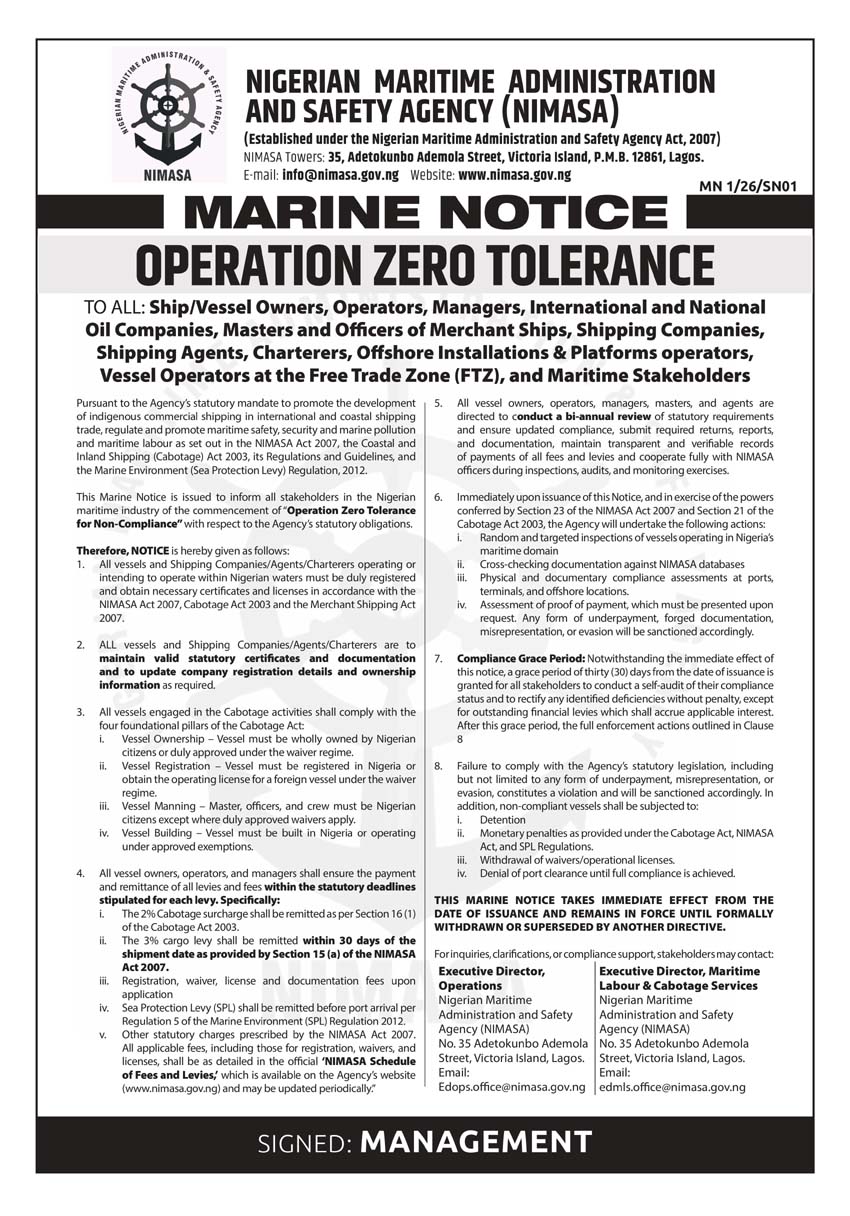
The latest Seafarers Happiness Index has raised further concern about the welfare of seafarers, revealing a continuous decline in their happiness. The report, which covers the third quarter of 2023, marks the third successive decline in seafarer happiness, sparking fears about the impact on those working at sea.
The Seafarers Happiness Index, a quarterly survey conducted by The Mission to Seafarers, sponsored by NorthStandard and Idwal, along with the support of Inmarsat, measures the wellbeing of seafarers through ten key questions about their work and life designed to gauge their sentiment about their experiences on board.
According to the Q3 report, seafarer happiness has fallen to just 6.6 out of 10, representing a decrease from 6.77 in Q2 2023 and 7.1 in Q1 2023.
The Revd Canon Andrew Wright, Secretary General of The Mission to Seafarers, said the continuous drop year-to-date so far paints a worrying picture.
“It seems clear that happiness levels will not recover to acceptable levels unless we can address the systemic challenges that continue to undermine the welfare of our seafarers, such as limited shore leave, unsustainable workloads, insufficient connectivity, and stagnant wages,” said Wright.
The report reveals a decline in most areas covered by the survey, including wages, workload, and onboard connectivity, which experienced the most significant drop in happiness levels. However, there were marginal improvements in shore leave, training, and food.
The Seafarers Happiness Index report highlights the major factors impacting seafarer happiness and makes key recommendations to address these concerns. These recommendations include facilitating shore leave and engaging with ports globally, addressing remuneration concerns, promoting diversity and inclusion, managing workloads, and leveraging technology to enhance work-life balance.
Salary inadequacy emerged as a major concern in the feedback received in this quarter, particularly for senior roles. The survey also revealed reports of nutritional compromises due to catering budget constraints, emphasizing the need for well-provisioned ships and skilled catering crews. Maintaining onboard gyms and exercise equipment was also seen as an issue.
Connectivity and communications proved to be a double-edged sword, enabling contact with loved ones but potentially facilitating micromanagement from ashore. To address this, there were calls for guidelines to promote a healthy work-life balance through technology.
The issue of overwhelming workloads once again came to the forefront, driven by expanding regulations and administrative tasks. Seafarers expressed a growing sense of unmanageable responsibilities, causing significant stress.
The report also highlighted how prejudices and misunderstandings can impede social cohesion on board. There were cultural issues at play and pressures from home that were not fully explored, including troubling insights into gender disparities and barriers to diversity and inclusion. Reports indicated a lack of acceptance, discomfort, and exclusion for female seafarers. To address these issues, there is a need for fostering open communication and overcoming biases.
While the report sheds light on the challenges faced by seafarers, it also acknowledges some positive aspects of life at sea. Respondents highlighted the steady income and adventure that a seafaring life can offer, while recognizing the substantial sacrifices it demands.
Thom Herbert, Idwal Senior Marine Surveyor and Crew Welfare Advocate, highlighted the similarities between the report’s findings and the issues observed during vessel inspections. “While connectivity enables constant family contact, it also risks facilitating micromanagement from ashore, persistent barriers to shore leave undermine its importance as a respite, and nutritional compromises on board highlight the basic need for well-provisioned ships and skilled catering crews,” he said.
Yves Vandenborn, Head of Loss Prevention Asia-Pacific at NorthStandard, expressed concern over the overall happiness levels of seafarers, which dipped to 6.6/10 in Q3 2023, representing the longest sustained decline since the founding of the Seafarers Happiness Index.
“It is worrying that overall happiness remains hampered by persistent challenges in workloads, connectivity, and ability to keep fit and healthy on board. NorthStandard will continue to raise awareness on the seafarer condition and will work on collaborating with industry leaders in charting a course towards an improved working environment for seafarers worldwide,” said Vandenborn.
















